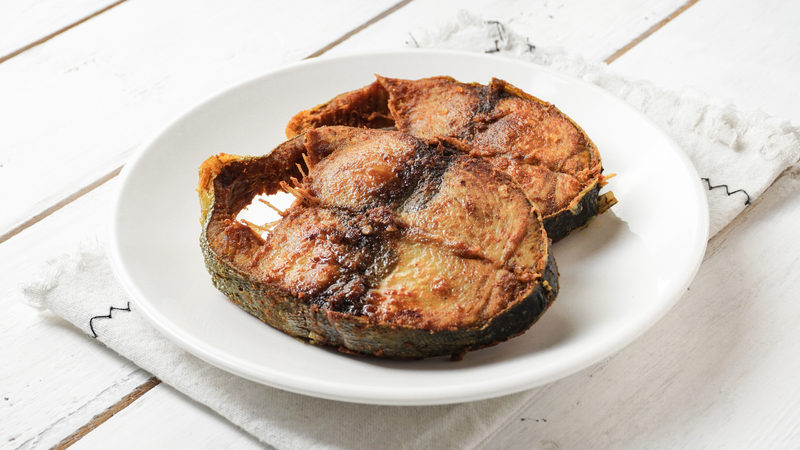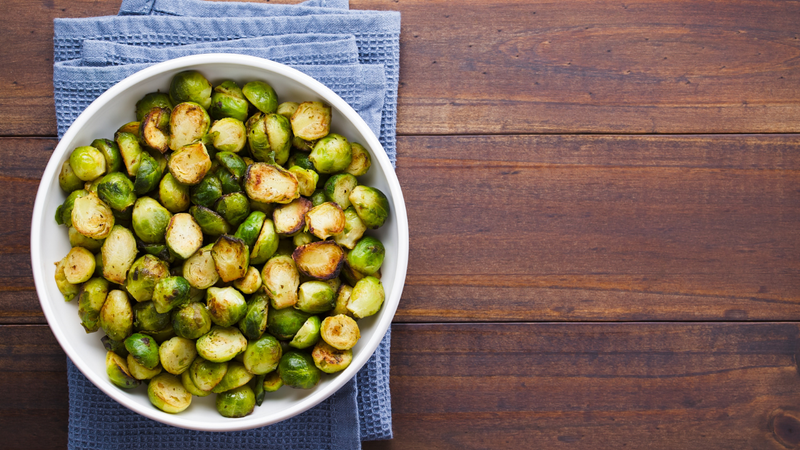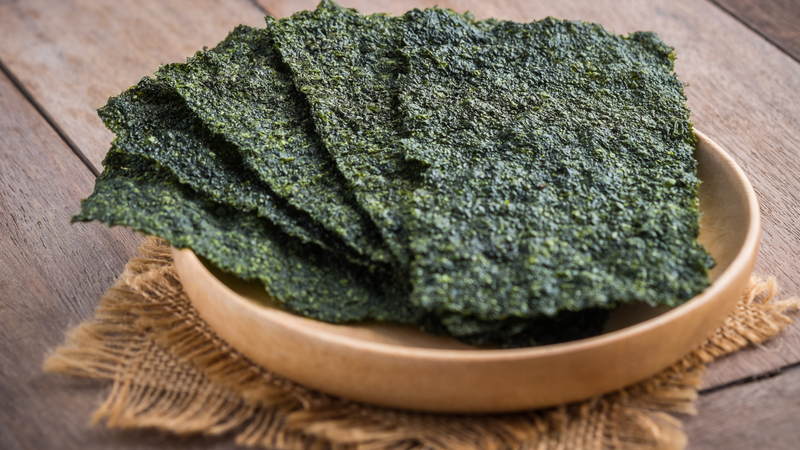Omega-3 is an essential fatty acid that plays an important role in protecting cardiovascular health, supporting brain function and reducing inflammation. However, the human body cannot synthesize omega-3 on its own and must supplement it through daily foods. So how to effectively and diversely incorporate omega-3 into your diet?
Omega-3, also known as the “golden nutrient” for health, plays an important role in maintaining brain function, the cardiovascular system and the immune system. A lack of omega-3 can cause nutritional deficiencies that can lead to potential health problems. So, how to add omega-3 to your daily diet? The following article will guide you on how to add omega-3 to your daily diet in a simple and scientific way, helping you enjoy the maximum benefits of this nutrient.
Fish
Are you looking for foods containing omega-3 to add to your diet? The simple and effective answer is fish, especially fatty fish. This is a rich source of omega-3 fatty acids that nutritionists recommend.
Fish such as halibut, herring, mackerel, oysters, salmon, sardines, sea trout, or fresh tuna are not only rich in omega-3 but also bring many health benefits, helping brain development, strengthening resistance and supporting the cardiovascular system.
Add these types of fish to your daily menu to ensure that your body and family get enough omega-3, especially for pregnant women and young children.

Fish is a rich source of omega-3 fatty acids.
Milk and Juice
In addition to familiar foods such as salmon, mackerel, herring and vegetables, milk and juice are also notable sources of omega-3. In particular, soy milk is not only rich in omega-3 but also easy to incorporate into your daily diet. A glass of fresh fruit juice or omega-3-fortified milk will be the perfect choice for you to start your day full of energy.
Cereals and Nuts
According to nutritionists, omega-3 fatty acids are found in abundance in whole grains and nuts. This is a great choice to supplement omega-3 without having to rely on animal foods. Some foods rich in omega-3 that you should prioritize include:
- Whole grain bread, cereal powder, oatmeal;
- Flax seeds, chia seeds, pumpkin seeds, walnuts;
- Peanut butter, flour, pasta.
These foods are not only rich in omega-3 but also provide many other essential nutrients, making them the perfect choice for a healthy meal.
Vegetables
Dark green leafy vegetables are a source of ALA fatty acids – a form of plant omega-3. Although the absorption efficiency of ALA is not as high as DHA and EPA, vegetables still bring many health benefits thanks to the fiber and rich nutrients. Some omega-3-rich vegetables that you can add to your daily meals include:
- Brussels sprouts, kale, spinach;
- Broccoli, cauliflower, spinach;
- Peas.
Especially for pregnant women, these vegetables not only help supplement omega-3 but also provide fiber, support digestion and effectively prevent constipation.

Brussels sprouts help add omega 3 to your daily diet
Omega-3-Rich Vegetable Oils
Several vegetable oils are excellent sources of the omega-3 fatty acid ALA. Popular choices include canola oil, cod liver oil, flaxseed oil, mustard oil, soybean oil, and walnut oil. These oils not only add flavor, but also contribute to heart health and brain function.
Seaweed and Algae: DHA and EPA Sources for Vegetarians
Seaweed and algae are rare plant foods that contain both DHA and EPA, the two most beneficial forms of omega-3. They are ideal choices for vegetarians and vegans. You can easily incorporate them into your daily diet by cooking soups, mixing salads, making smoothies, or using seaweed snacks. In addition to omega-3s, seaweed is also rich in protein and has antioxidant properties, supporting blood sugar control and lowering blood pressure.

Seaweed helps supplement omega-3 for vegetarians
Eggs
Not everyone knows that eggs are a great source of omega-3s. Two eggs provide about 180mg of omega-3 fatty acids, of which 114mg are long-chain fatty acids such as DHA and EPA. This amount meets 71% to 127% of adults’ daily omega-3 needs, making it a convenient nutritional choice for every meal.
DHA-rich foods for children
DHA plays an important role in children’s brain development. To supplement DHA for children, you can add foods such as baby cereals, powdered milk, eggs and beans to the diet. These foods not only provide omega-3s but also support comprehensive development.
Other omega-3 supplements
In addition to natural foods, you can look for omega-3-enhanced products such as fish oil, vitamin A, omega-3-enriched snacks, protein powder or weight loss powder. These are flexible options, suitable for busy people or those who need a quick supplement solution.
Hopefully through the content of the article, you have learned how to add omega 3 to your daily diet? Take advantage of these omega-3 rich food sources to take care of your health and your family’s health comprehensively!





